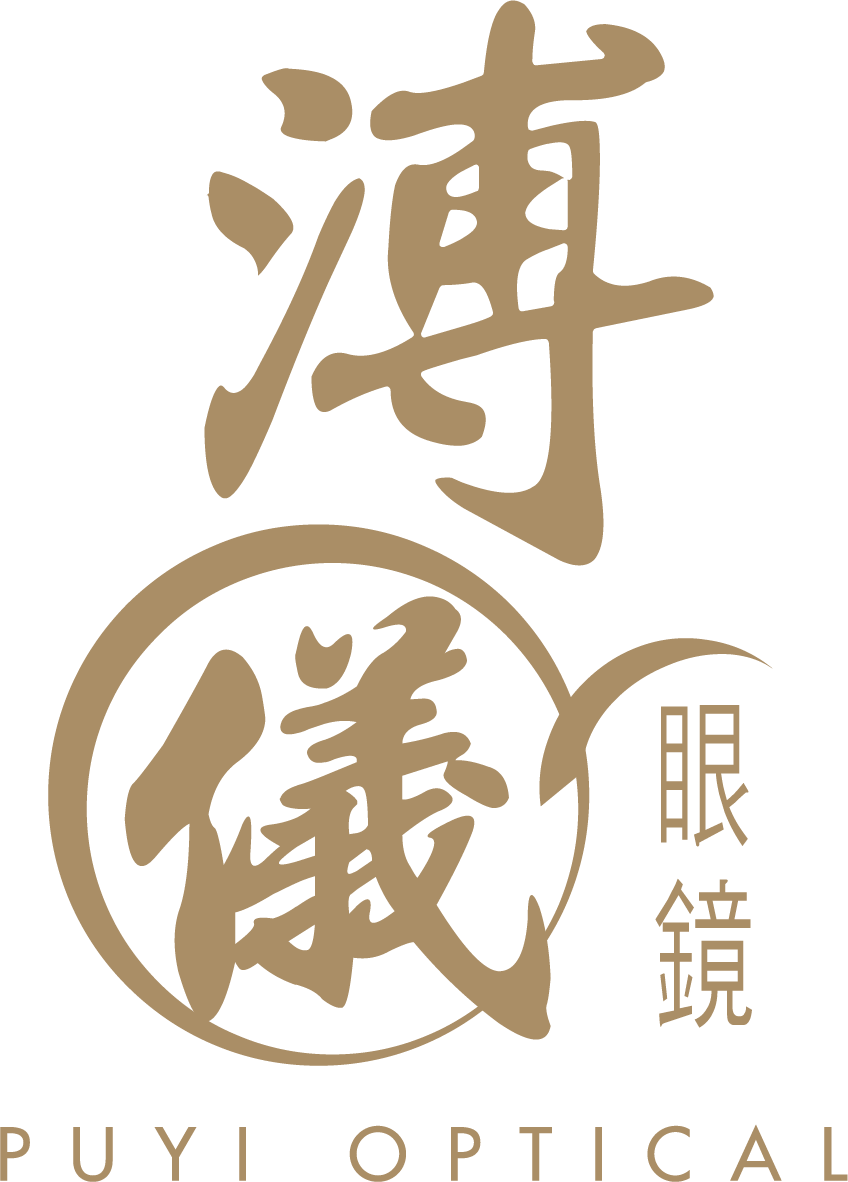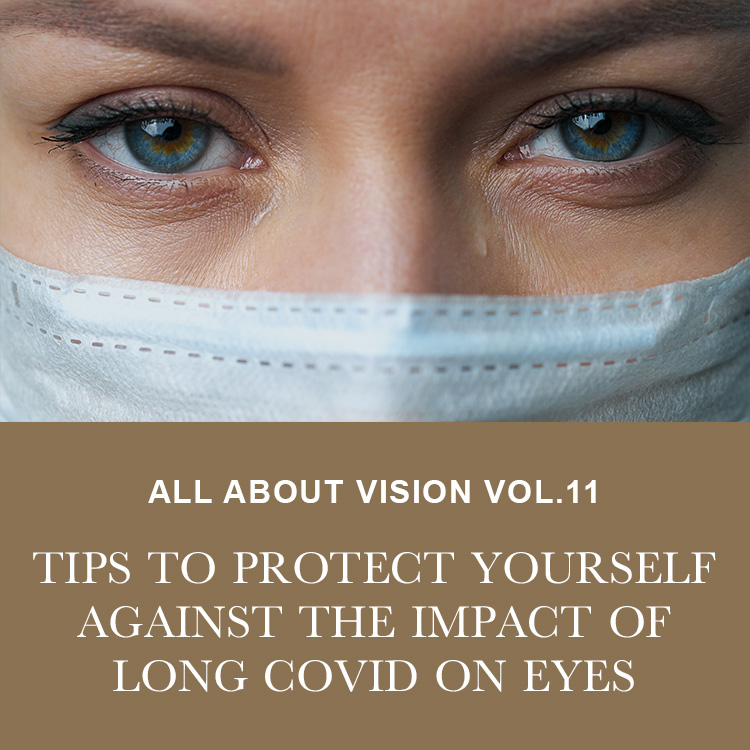TIPS TO PROTECT YOURSELF AGAINST THE IMPACT OF LONG COVID ON EYES
Please select services location & shipping destination
With the lifting of masking requirements, COVID-19 is no longer considered a pandemic, but has become an endemic disease. Yet we should not ignore the impact of the virus on eye health. COVID-19 infection has correlations to eye health issues. Pink eye may be an early symptom of COVID-19 infection, and some who’ve recovered from the virus experience lingering effects such as dry eyes and eye fatigue. Some severe cases can even cause visual impairment.
EYE SYMPTOMS RELATED TO COVID-19
Physical ailments can manifest as eye health issues. Conjunctivitis (commonly known as pink eye) may be an indication of a COVID-19 infection, especially when it appears along with symptoms of respiratory infection. According to research figures, conjunctivitis is the most common eye symptom, accounting for 88% of eye problems reported by patients.
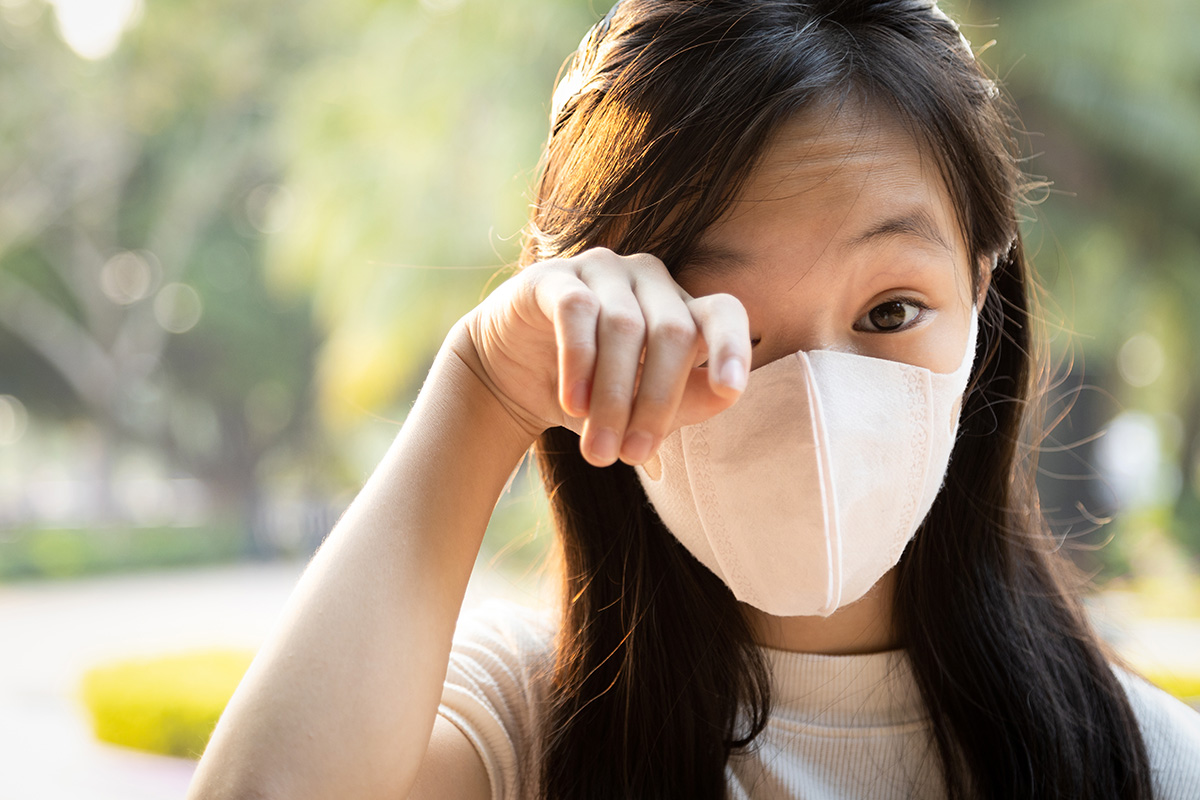

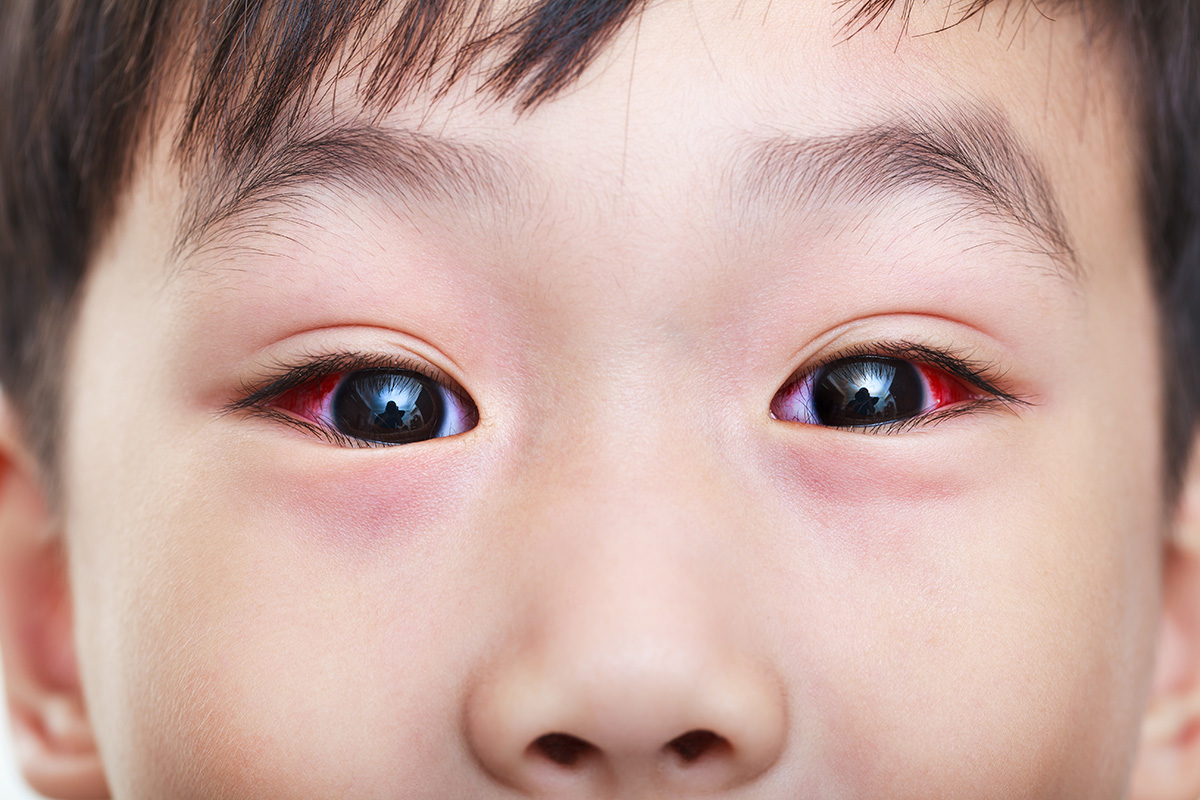

In addition to conjunctivitis, surveys show that at least one out of ten COVID-19 patients reports eye discomfort. Have you suffered the following common eye symptoms?
These symptoms are mild and usually last about two weeks. Long-term eye problems caused by COVID-19 directly are uncommon, but they may be linked to other serious COVID complications and sequalae.
IS PERSISTENT EYE DISCOMFORT
A SIGN OF LONG COVID?
DRY EYE
COVID patients with high viral load or who required supplemental oxygen are at greater risk of developing dry eye. Meibomian gland dysfunction and corneal epithelial defects may possibly cause this dry eye problem. A study shows that 21.5% of people who recovered from COVID-19 experience dry eye, blurred vision, eye itching, eye pain, burning eyes or other eye symptoms. If you have eye discomfort, a comprehensive eye exam is our professional optometrists will use a “slit lamp” for tear testing and examine your eye lids and eye surface to check for any signs of eye swelling, infection or dilated blood vessels.
RETINOPATHY
Serious COVID-19 infection may cause vessel occlusion in the brain and eyes. This affects the flow of oxygen and nutrients to the retina. Retinal arteries and veins may also be blocked, or endothelial cells damaged, resulting in high intraocular pressure, hemorrhaging or inflammation. In some cases, the obstruction has been shown to last up to six months, and some patients continue to experience blurred vision and insufficient near-point convergence after recovering from COVID-19. Ignoring these symptoms is likely to cause further deterioration and could lead to visual impairment and even blindness. We encourage those who have recovered from COVID-19 to undergo a comprehensive eye health examination to ensure their eye health condition.
More studies show that there’s a relationship between COVID-19 and a variety of serious eye diseases like episcleritis, uveitis, macular degeneration and retinal/optic nerve inflammation, etc.
Therefore, a comprehensive eye exam is recommended if you have any eye discomfort. A fundus camera could address your retinal condition.
EYE PROTECTION TIPS
NOURISH YOUR EYES AND AVOID THE VIRUS
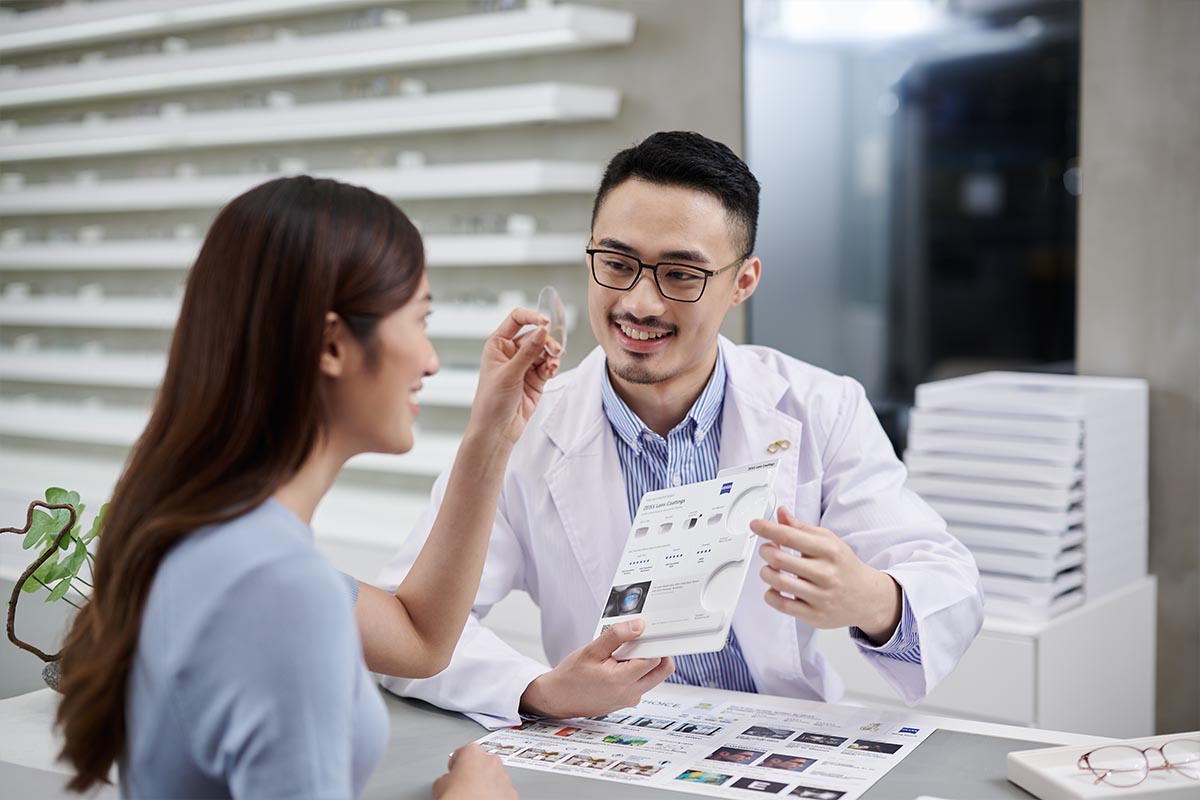



Select Lenses with an Anti-Virus Coating
Glasses are high-contact items, and viruses can cling to both frames and lenses. To address this problem, you could choose a lens with an anti-virus coating, like the ZEISS DuraVision Anti-Virus Platinum UV, which kills 99.9% of viruses and bacteria.
Get Regular Eye Exams
Make an appointment for an eye health check-up every year. If your eyes are dry or uncomfortable, get a comprehensive check-up as soon as possible. Our optometrists will evaluate your eye health through tear tests and optical coherence tomography.
Follow the 20-20-20 Rule
To relieve eye discomfort, take a 20-second break for every 20 minutes of reading or looking at a screen, and look at least 20 feet away, such as outside through the window, to give your eyes a break.
Wash Your Hands and Don’t Rub Your Eyes
COVID-19 can be transmitted via tiny droplets on surfaces, including skin. Touching your eyes with your hands could result in an eye infection. You should avoid rubbing your eyes with your hands, and use soap to wash your hands before putting in or removing contact lenses.
Moisturize Your Eyes
For persistent post-COVID symptoms of dry eyes and fatigue, drink plenty of water and use artificial tears to moisturize your eyes when necessary.
Apply a Warm Towel to Your Eyes
Put a clean, warm towel on your eyes for three minutes to relieve dry eye. The heat of the towel will also relieve soreness and improve blood circulation.
Eat a Diet with Eye-Friendly Nutrition
Vitamins A and C, bioflavonoids, carotene and omega 3 are important nutrients for our eyes. You should also eat more fish oil, dark leafy greens, blueberries and carrots to keep your eyes healthy.
Wear Your Mask Properly
If you still need to wear a mask, make sure you wear it properly, leaving no gap at the bridge of your nose. Otherwise, exhaled air can escape upwards to fog your glasses and will quickly evaporate the moisture from your eyes, which could result in dry eye.
BOOK YOUR ANNUAL EXAM EARLY
ASSURE YOUR EYE HEALTH YOUR EYE HEALTH




Puyi Optical has a scrupulous and professional optometrist team to provide suggestions for eye protection, the best lens solutions and comprehensive eye exams. We are also equipped with state-of-the-art technologies, such as “slit lamp” for dry eye testing, the ZEISS Optical Coherence Tomography (OCT) system, and the ZEISS VISUSCOUT to check the fundus to more effectively assess your eye health, and perform precise and detailed eye health analysis.
Assure your eye health by avoiding the risks of COVID-related eye problems!
